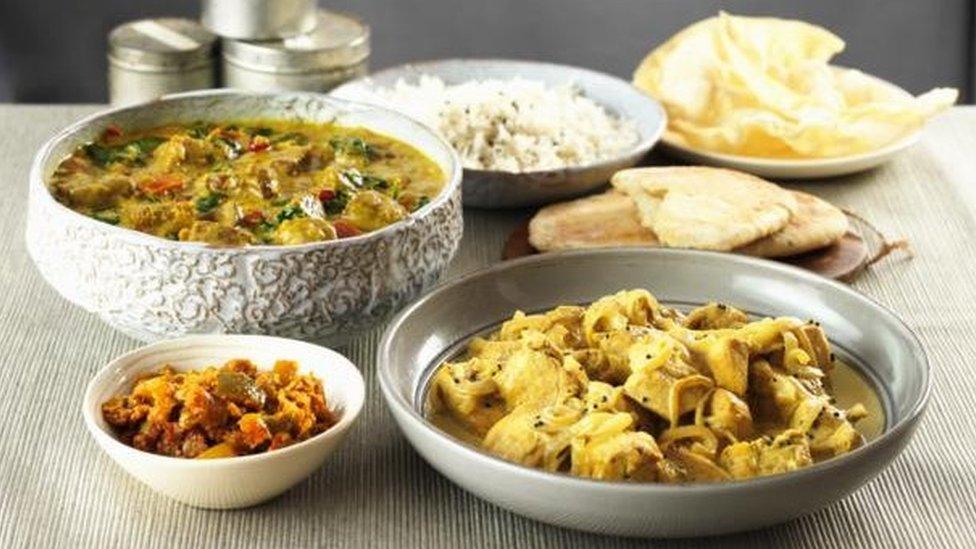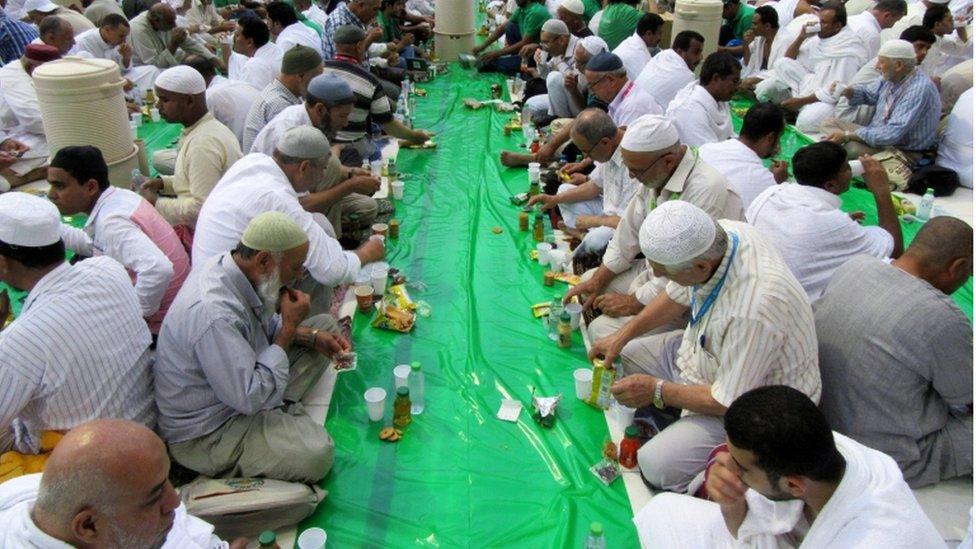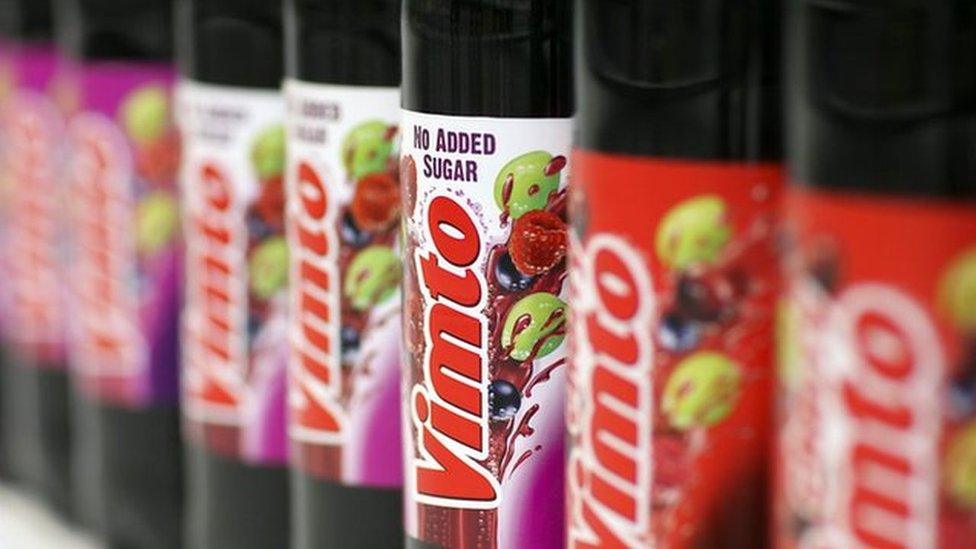Life in the Fast Lane
- Published

Imagine living 5,000 miles from your spouse and family. You work in a busy, hot stuffy restaurant kitchen, assailed by delicious smells.
For one month a year, you are only allowed to eat or drink - including water - for less than four hours daily, in the middle of the night.
Such a man is Sheikh Yunus Salim, a Muslim from the eastern state of Gujarat in India. Settled in Glasgow, he has worked for the past nine years at Mother India's Cafe.
"It's so hot in the kitchen," he chuckles. "It's very difficult not drinking. You feel very thirsty, but it's compulsory for us to do the roza (fast).
"The taste of food is in your mouth - it is difficult to control, but you have to manage. I tell the other guys to taste the salt. I don't taste for salt. Anyhow, I can smell the food and I know what the food's like.
"When the roza ends today, I'm feeling very happy when the food and water is in front of me. I'm feeling very happy that I'm the great man because I've done the roza.
"After ten, I'll start with dates, and some rose water, which is very good for us. I'll drink a lot of water, a lot of juices and have a lot of pakora."
Midsummer Night's Naan
This year is a particularly tough fasting month for Scotland's Muslims. Ramadan's timing is based on the lunar calendar, so it moves through the seasons over a 33-year cycle.
This year is the part of the cycle where Ramadan falls either side of midsummer day. In Glasgow, the fast ends on 21 June around 22:15, and starts again less than four hours later.
In 2032, it will fall in the middle of winter, so Scottish and Scandanavian Muslims will barely miss out on eating and drinking. "Breaking the roza" or "ifthar" will seem like a late lunch.

In the Middle East fast is always broken in the early evening
That's unless moves succeed, in Finland, to standardise the fasting hours on the time in Mecca, Saudi Arabia.
In Muslim majority countries of the Middle East, Gulf and South Asia, the sunrise and sunset are at roughly the same times through the year.
So from 19:00, a lively social life opens up, as I heard this week from Amir Paivar, business correspondent with the BBC Persian service.
Families gather for feasts, and people meet at the mosque or tea houses, to break their fast together. They talk faith, fasting, family and finances late into the night. It is reckoned that more food is eaten during the fasting month than at any other time, and a lot of business deals are done.
Crossing the Rubicon
Having heard from a baker and a sweet-maker in Glasgow's Pollokshields district, trade can either get brisker, or else all the sales that aren't made during the fast are made up for in one night of splurging at Eid, the celebration at the end of the fast. Sweets and cakes are favourites for gift-giving at that time.
But for now, in Scotland, any splurging has to take place late at night, and it has to be finished well before 03:00, when morning prayers begin.

Vimto is popular among Muslims as a way to break fast.
For a hit of energy, many turn either to Vimto, or to Rubicon, the sweet, fruit drinks made by Irn Bru brewer AG Barr. Sales rise during Ramadan by "up to 75%". (At one Glasgow cash and carry, I was told the Rubicon sales surge is closer to half that.)
I learned this while researching for the Business Scotland programme this week, about the ways business practice changes at Ramadan.
And I found out that it's not just about fasting. A more spiritual take on life during the holy month makes this a good time to do deals - when the faithful are more conscious of acting ethically, and less driven by business ambition.
You can hear the programme on BBC Radio Scotland at 07:30 on Sunday 12 June, or by free download.